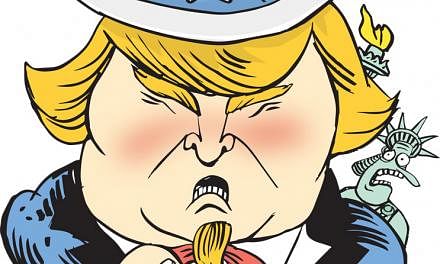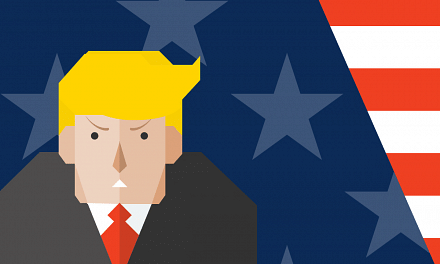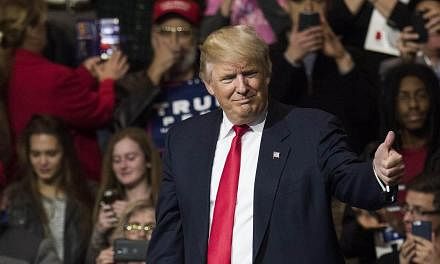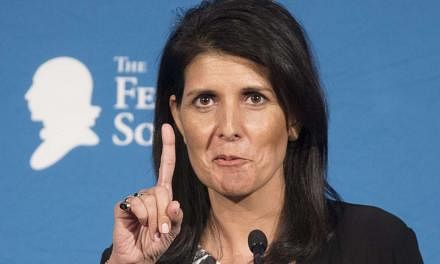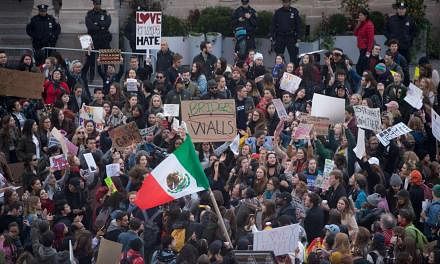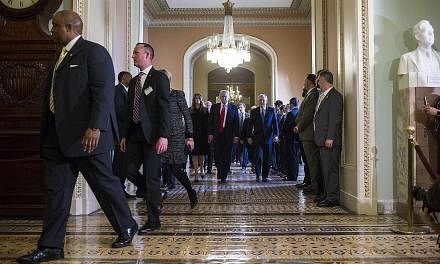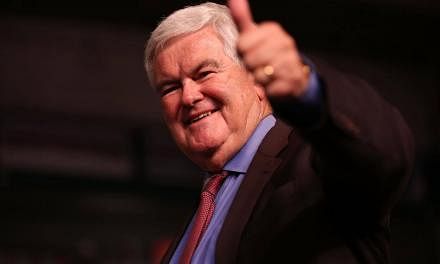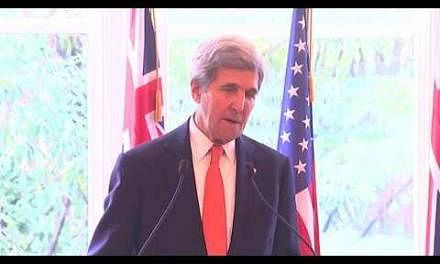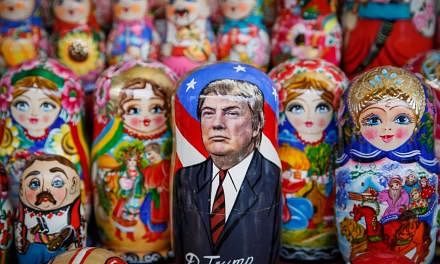The incoming leader of the world's biggest economy is planning to unleash a global trade war the moment he steps into the White House. He intends to renege on the North American Free Trade Agreement (Nafta), which ties his country's economy to those of Canada and Mexico, and throw to the wind five years of diplomatic work that went into negotiating the Trans-Pacific Partnership (TPP) with 11 other nations.
America's President-elect Donald Trump also appears to be planning to destroy some of his country's most important military alliances, such as Nato, the US-led European military bloc, which he dismisses as "obsolete and extremely expensive".
But can he actually tear up overnight treaties which the United States has concluded with other nations over decades? The answer is that he can do it, but that doing so would unleash a backlash both at home and overseas which he won't be able to control.
Mr Trump's advisers claim that the threat of tearing up Nafta - America's most important trade deal - won't materialise if a Trump White House successfully renegotiates the terms to get a "better deal for American workers".
In a bid to avoid confrontation, the Canadians have already announced that they are happy to negotiate. "If they want to have a discussion about improving Nafta, then we are ready to come to the table", Mr David MacNaughton, Canada's Ambassador to the US, told journalists this week.
The trouble is that Mr Trump may have inflated ideas about what a better Nafta deal means. "I don't mean just a little bit better, I mean a lot better," he had said during the campaign. There is a good chance, therefore, that the Nafta renegotiations will fail, especially since Mr Trump will treat them as his baptism of fire, and is therefore likely to adopt an unbending position.
Should the new US president wish to take the confrontation further, he could use his executive powers to impose punitive tariffs on Mexican and Canadian products coming into the US.
However, unless Mr Trump relishes endless court battles with various importers, the safest way of imposing such tariffs is through the US Congress, where Democratic lawmakers will be filibustering for months.
A theoretically easier approach would be for Mr Trump to use Article 2205 of the Nafta treaty, which states that "a Party may withdraw from this Agreement six months after it provides written notice of withdrawal to the other Parties". That is not as radical as it sounds, for there are plenty of examples of other agreements which the US ditched unilaterally, including the Anti-Ballistic Missile Treaty with Russia and other former Soviet states, from which president George W. Bush withdrew by simply signing an executive order.
However, Congress is likely to contest Mr Trump's ability to kill Nafta, for although the trade accord itself was signed by a US president, it was Congress that enacted legislation to implement the deal, and laws can be repealed only by Congress.
Furthermore, were Mr Trump to seek to replace Nafta with a bilateral trade treaty with either Mexico or Canada, he would require congressional approval, so ignoring lawmakers is not such a clever idea.
Still, the new president will have much more room for manoeuvre if he wishes to unravel other trade deals.
The TPP that was intended to stitch 12 countries into a free trade area now has no chance of being ratified by the outgoing Obama administration, so Mr Trump can simply let it die. The same is certainly true of the Transatlantic Trade and Investment Partnership with the European Union, over which talks started in 2013.
And once seated in the Oval Office, the new president can also easily disentangle America from its military alliances. He can use Article 13 of the Nato Treaty to serve notice that the US would be withdrawing from the European military pact within a year. And he could do the same with bilateral agreements with Japan and South Korea.
But, yet again, realities will prove to be more complicated. Without a US military guarantee, it makes no sense for US troops to remain in allied countries. Yet their withdrawal will take years, and will require congressional funding, as well as lawmakers' approval on where the hundreds of thousands of soldiers coming back from Europe and Asia should be stationed in the US.
Furthermore, it is inconceivable that the dismantlement of the entire network of America's security alliances can be accomplished without a massive row with Congress and the mass resignation of most of the US military commanders.
And the same caveat applies to Mr Trump's trade policies. For it's one thing to threaten to tear up treaties, and quite another to explain to the US public why all their consumer goods have suddenly got far more expensive, or why US exports are plunging.
In short, as president, Mr Trump has the necessary powers to carry out most of his threats. But if he intends to abandon all the premises of America's policies since World War II, he will quickly discover that he won't be able to control the backlash which will follow, not only from his lawmakers, but also from his closest associates.
